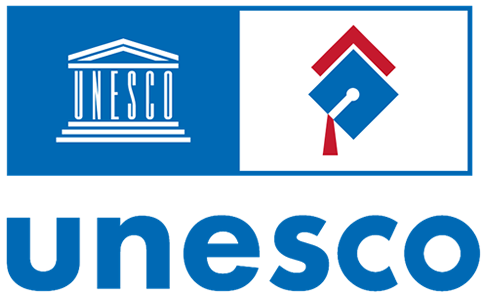Racism, exclusion and inequities in the Argentine university system. Lessons learned from a consultation with students and professionals from indigenous peoples in the province of Chaco
Abstract
Argentina is one of the most advanced countries in Latin America in terms of human rights. It also stands out for the free and broadly inclusive regulations of its public university system. However, it exhibits structural inequities of a racist nature, legal inconsistencies and public policy inadequacies that violate the constitutional rights of Afro-descendant and indigenous people and communities to have access and fruitful higher education. The first sections of this article offer a brief analysis of the importance and challenges of the problem raised and its relation to the reproduction and naturalization of racism in Argentine society. Subsequently, with the purpose of deepening the understanding of some of these problems, it presents some results of an exploratory consultation carried out with a group of students and professionals of indigenous peoples in the province of Chaco. Finally, it discusses some lessons and recommendations derived from this consultation.
Copyright (c) 2023 Daniel Mato

This work is licensed under a Creative Commons Attribution-NonCommercial 4.0 International License.
Copyright notice
Copyright allows the protection of original material, and curbs the use of others' work without permission. UNESCO IESALC adheres to Creative Commons licenses in the open access publication of ESS. Specifically, texts published in this journal are subject to a Creative Commons Attribution-NonCommercial 4.0 International (CC BY-NC 4.0) license: ESS is an open access journal, which means that all content is freely available to the user or their institution. Users may read, download, copy, distribute, print, search or link to the full text of the articles, or use them for any other lawful purpose, without asking prior permission from the publisher or the author, always making sure to cite the author. Commercial use is not permitted. ESS requires authors to accept the Copyright Notice as part of the submission process. Authors retain all rights.
The full license can be found at https://creativecommons.org/licenses/by-nc/4.0/
 Attribution - NonCommercial (CC BY-NC 4.0)
Attribution - NonCommercial (CC BY-NC 4.0)
This journal does not charge authors for the submission or processing of articles. The authors of the contributions will receive acknowledgment of receipt that the work has reached the Editorial Team of the Journal.




.png)
